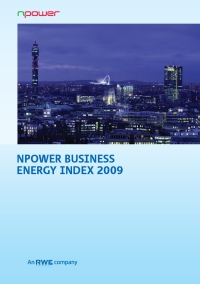E- Control/ERGEG
In 2007 Moffatt Associates were commissioned by E-Control (the Austrian energy regulator) on behalf of the European Energy Regulators Group (ERGEG) to investigate and assess the response of investment banks and analysts to DG TREN’s proposals on the ownership unbundling of TSO power and gas networks. (3rd Energy Package)
We conducted two confidential focus groups sessions in London with 20 investment banks/analysts and prepared an analysis of our findings. The main conclusions of our research were as follows:
- The 3rd Package will improve energy market competition and full-ownership unbundling of TSO networks is the most effective way of achieving this
- Greater wholesale market transparency regarding network capacity, energy flow data and transactions will increase market competition in the EU energy market
- Full or partial privatisation of state-owned TSO assets (e.g. EDF) is a workable option
- Under the Commission’s ISO second option, the ISO should be allowed to raise outside capital to fund new network investment
- Clear and consistent guidelines on how to set regulated rates of return on TSO networks are needed to facilitate ownership unbundling
- The proposed new Agency of National Regulators (ACER) should define a route map for ownership unbundling across the EU
These results were announced at an ERGEG press conference on 30 January 2008. In addition, we prepared an economic analysis of the five key economic and financial arguments for ownership unbundling.

